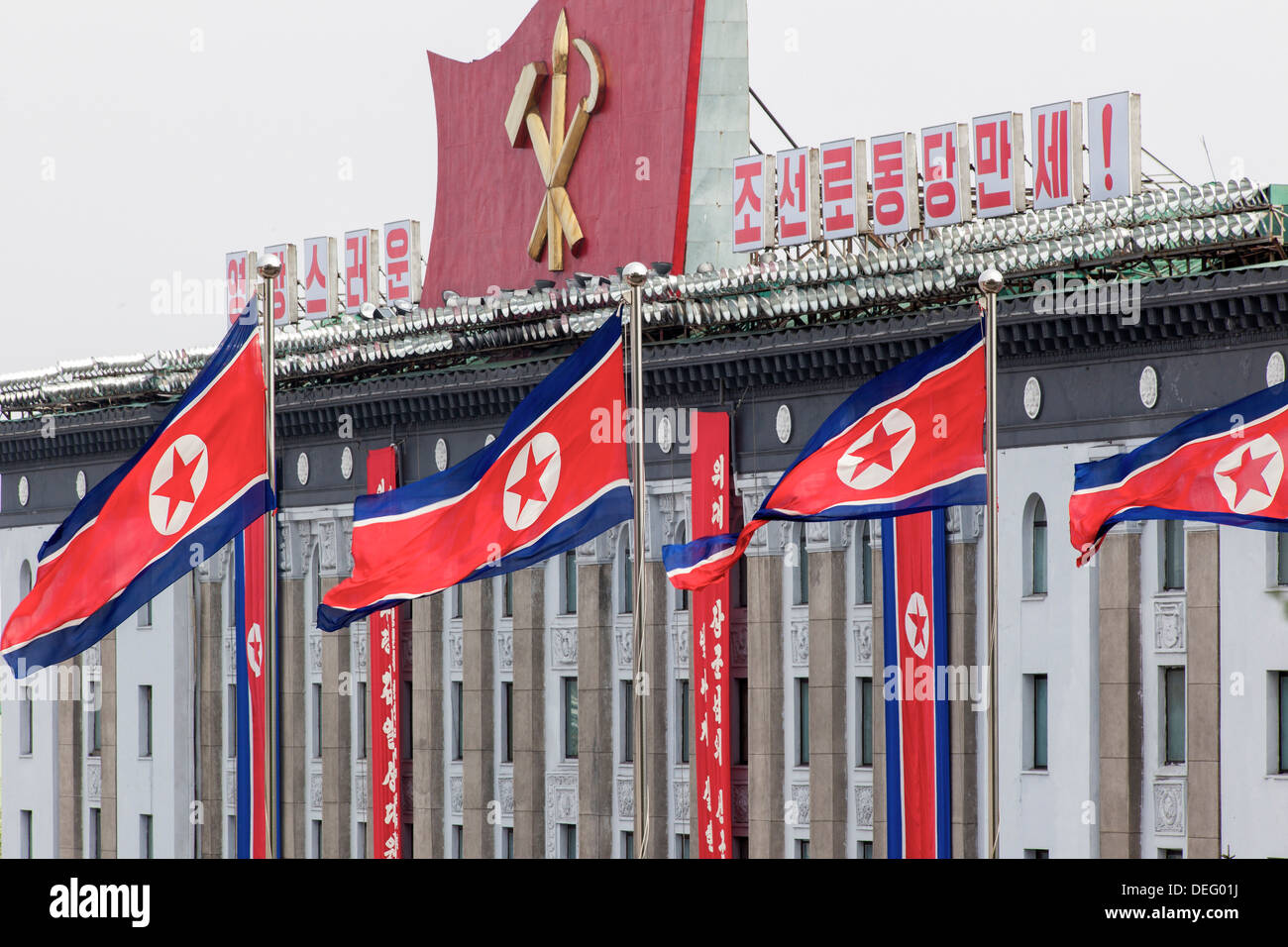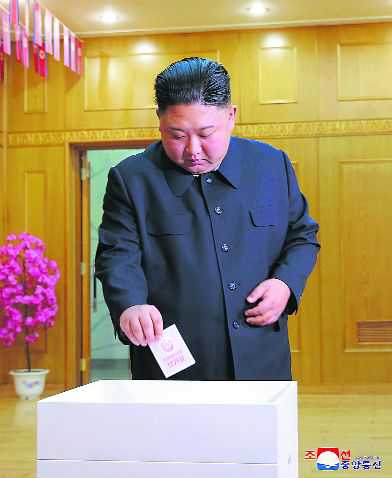
The COVID-19 pandemic’s weight in shaping the international context receded in 2022 but it continued to have democracy-related impacts. Zselyke Csaky is a policy leader fellow at the School of Transnational Governance at the European University Institute. Several considerations defined the overarching context in which European democracy support policies were formulated in 2022. Democracy support is understood here as including EU and European action around the world, including within Europe, but not the actions of governments in their country’s domestic affairs. The review looks not only at examples of such democracy support but also instances where democratic considerations were absent from EU policy. Democracy support in this sense includes the use of funding for democracy projects, decisions over sanctions, the use of political conditionality, and the incorporation of democracy factors into conflict-related policies. Broadly, the analysis considers quantitative and qualitative aspects of European strategies relevant to strengthening democratic practices, norms, and institutions. The concept lacks a firm definition and this review reflects an elastic understanding of it. In line with the previous review, we frame democracy support in a broad sense. The review then delves into more specific aspects of democracy support that were pursued, such as democracy funding, the use of sanctions and conditionality, and democracy considerations in conflict interventions.Įlena Ventura is a program assistant at Carnegie Europe. It then looks at the war in Ukraine and the democracy-related aspects of the European response to it. This review offers a summary of the main changes to the context conditioning European democracy policies before outlining their evolution at the EU and national levels during the year. And, while much attention was on the global consequences of the war in Ukraine, the EU’s democracy activities moved up a gear to a greater extent internally than externally. Yet the degree of European support for democratic openings remained modest and, in some places, negligible. Though low-profile, this began to add more tactical sophistication to EU policies. The EU began to roll out many new programs in its democracy toolbox.

In a year of notable protests and other forms of civic activism around the world, the EU and some member states improved the ways in which they engage with local actors in support of political reform. The invasion did not alter all aspects of European democracy policy, which in many countries was shaped by domestic political developments. And, in some ways, the security aspects of the strategic landscape diluted European democracy commitments.

However, these commitments were far from being the main policy responses for all the rhetoric about a new struggle to defend democratic values, many elements of European democracy policy were second-order priorities. Western leaders framed the invasion as a threat not only to Ukraine but also to democratic norms and the rules-based order more widely, and as such it galvanized EU institutions and European governments into new commitments to defend democracy. This review examines the democracy-related consequences of the invasion and of the geopolitical changes it unleashed. Russia’s invasion of Ukraine dominated European policy debates in 2022 in many ways. The aim is to inform debates about policies geared toward upholding democracy internationally. It presents information on European efforts to defend and strengthen democracy around the world while highlighting their shortcomings. The review covers policies, strategies, and initiatives at the level of the European Union (EU) as well as those of its member states and of non-EU European countries active in democracy support (Norway, Switzerland, and the United Kingdom). 1 This second review aims to provide an empirical overview of European democracy support policies in 2022. In 2021, the European Democracy Hub published the first annual review of European democracy support. While these policies were adjusted in important ways to the new context, Europe shifted gear much less in this area than in others. However, in a year dominated by the imperative of defending democracy, European policies specifically aimed at supporting democracy evolved in only understated fashion. European powers responded and a common line gained currency that the war had pulled them through a watershed conversion in their strategic outlook. It propelled commitments to protect democracy to the top of the agenda for Europe, internally as well as in foreign and security policy. Russia’s invasion of Ukraine in February made democracy’s defense a priority of the highest geopolitical as well as normative order.

The need to defend democratic values from violent attack was the dominant theme of 2022.


 0 kommentar(er)
0 kommentar(er)
